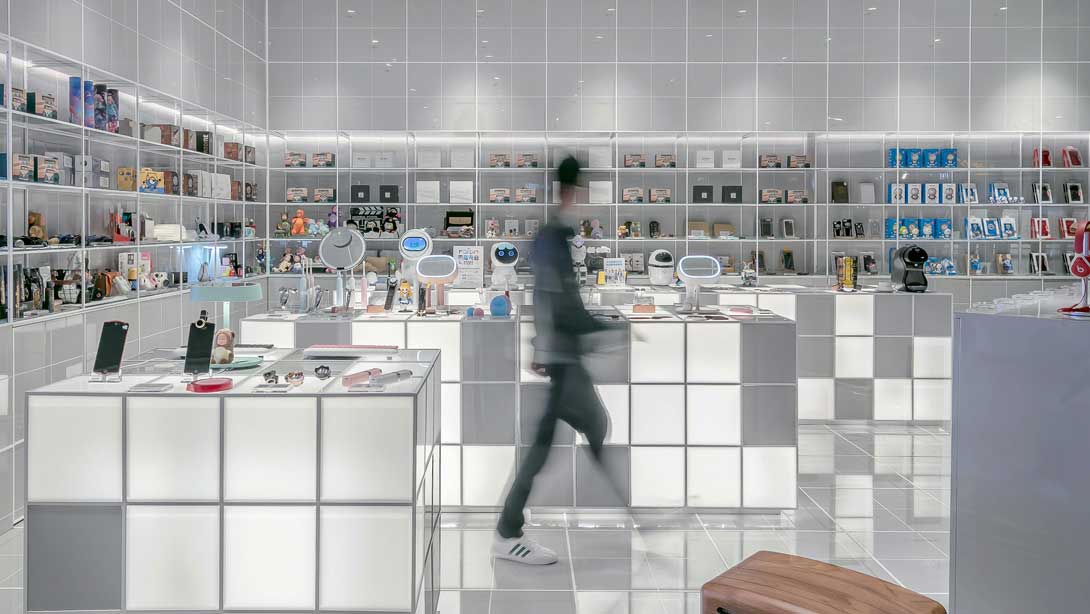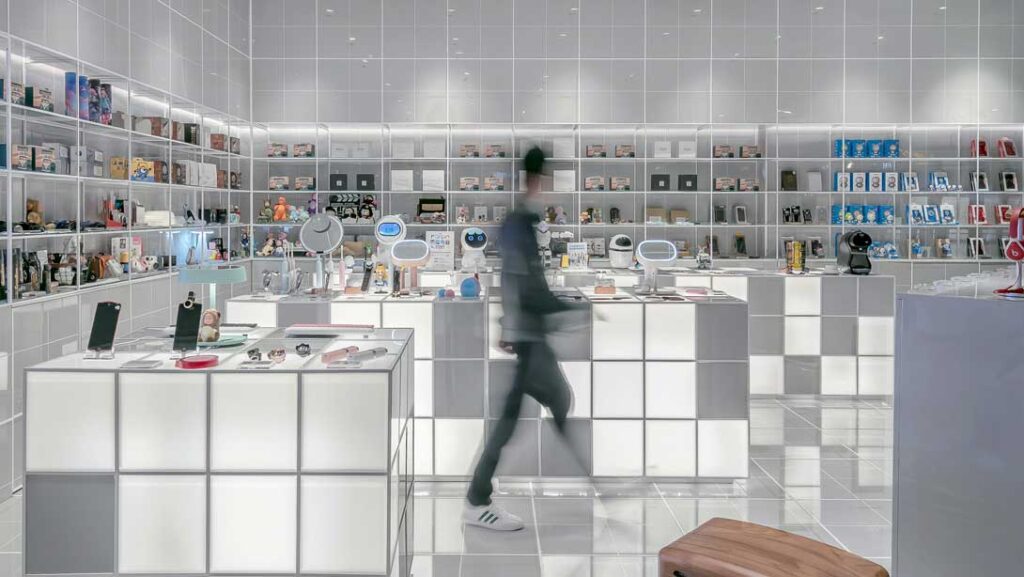While investment is under strain as retailers battle with the impact of inflation on food, products and services, which is running at between 8 and 16%, IT is actually one area where increased spend can be justified.
The big question is, how can retailers invest in tech to keep pace with a consumer that has never been more demanding, while at the same time using the very same tech to manage their costs even as they watch inflation bite?

The answer does not look simple. First of all, retailers’ cost of labour keeps rising as they confront the difficulties of finding and retaining staff. But it is here where the answer can be found. Since the pandemic, it has become clear just how important the role of front line staff and just how central brick and mortar retail is to the customer experience. So it is here where investment can deliver the greatest value.
Moreover, retailers that continue to invest during a downturn can emerge stronger than their competitors, because they will have the front line teams they need to keep customers loyal even as spend falls, and then to cope with a surge in demand as the economy recovers.
Here are 7 things to consider in order to supercharge your store teams and improve customer satisfaction.
- How far are your frontline workers able to deliver great service to customers, or are they spending too much time on tasks that distract them and which could be automated?
- Are you able to retain staff by giving them apps on their own handheld devices that let them work in ways that are familiar to them, charged with functionality and data that enables them to find and give value in their roles.
- Can they see where stock is at any time and know that they can order it for the customer if it is not in the actual store?
- Can they see on their devices enough information about customers so they can not only serve them but sell to them?
- Are the replenishment actions they are taking in store being fulfilled quickly by the supply chain so that they can keep their promises to customers as to when something will be available.
- Are they able to share their success with other staff, learn from each other and get recognised by head office as well as colleagues for doing a great job?
- Are they able to improve by learning on the job, in their own way and at their own pace?
Looking at this list of enablers for frontline workers, it becomes clear that the infrastructure behind them needs to be in place. Sometimes, fixing the basics is about being able to share data and create workflows that empower the people best able to give value. Having all the building blocks in place on day one is unlikely but a strategy that has clear objectives around customer service, supply chain performance, stock availability and cost management will have the agility and resilience that will enable retailers to better cope with what is to come.
Investment in frontline workers has a long tail of benefits, and which are not always considered. For instance, it helps tackle the low productivity problem faced by many employers. As McKinsey points out in its own research, there are a range of elements that workers seek from their jobs, which contribute to how they are motivated to work hard and to seek advancement without moving to another employer. While pay is always a factor, in McKinsey’s top five list, learning opportunities, job growth, aligned skill set and a supportive manager also figured highly, all areas that tech can help to optimise.
McKinsey goes on to say that right now, employers don’t prioritise these attributes as much as employees value them. However, once staff have the tools to take greater control of their roles, with complete visibility to management, retailers will start to see how what might look like a cost burden will turn to higher productivity, higher customer satisfaction and higher worker retention.
While it would be amazing to be able to predict what will come next, that’s not going to happen so the next best thing is to consider that a crisis is actually a perfect opportunity to focus on and fix the basics because they are the foundation of any successful retailer, and on which growth will be easier to take advantage of when things recover. And there can be no more worthwhile investment than the tech and tools that frontline workers crave.







